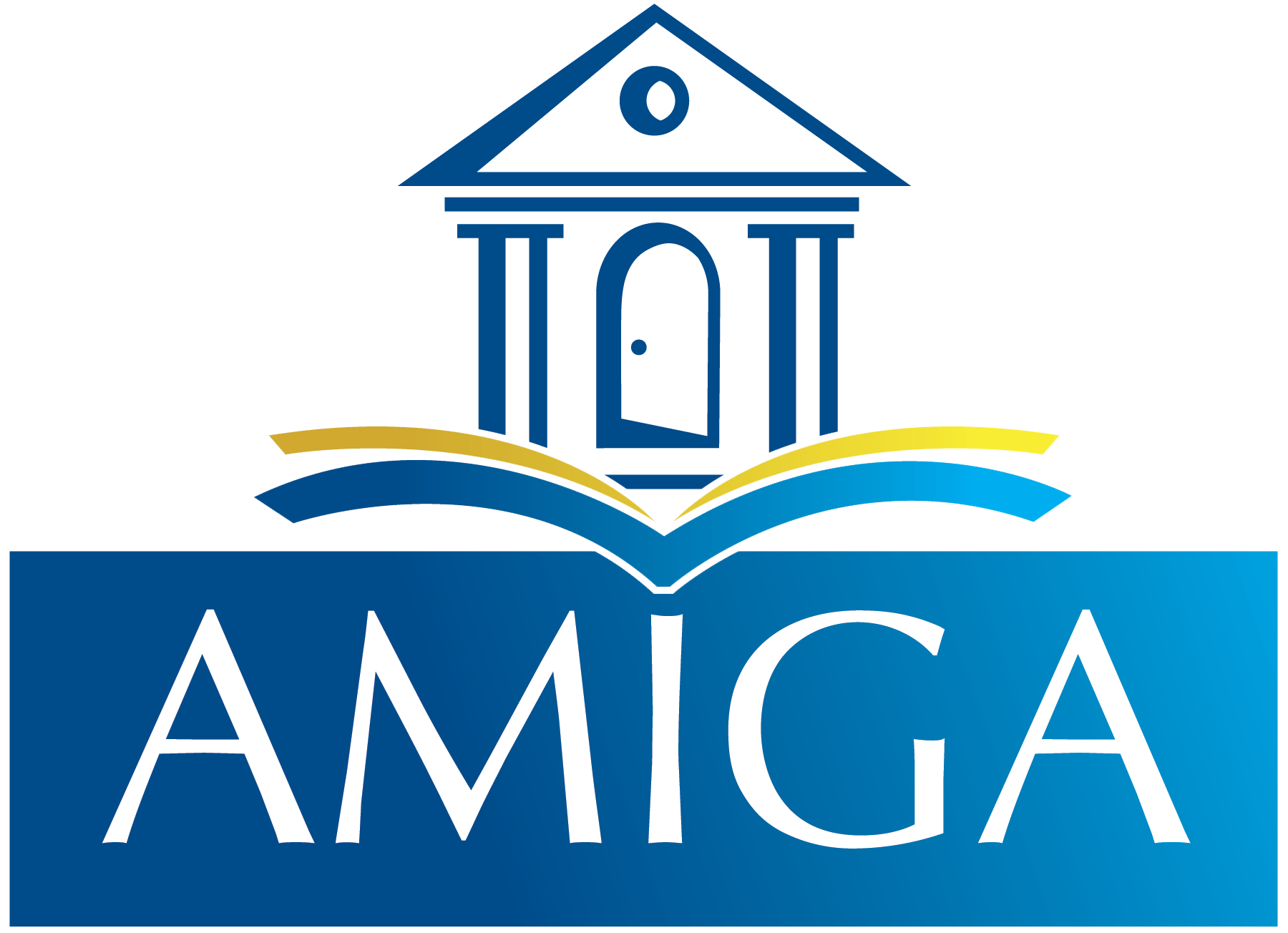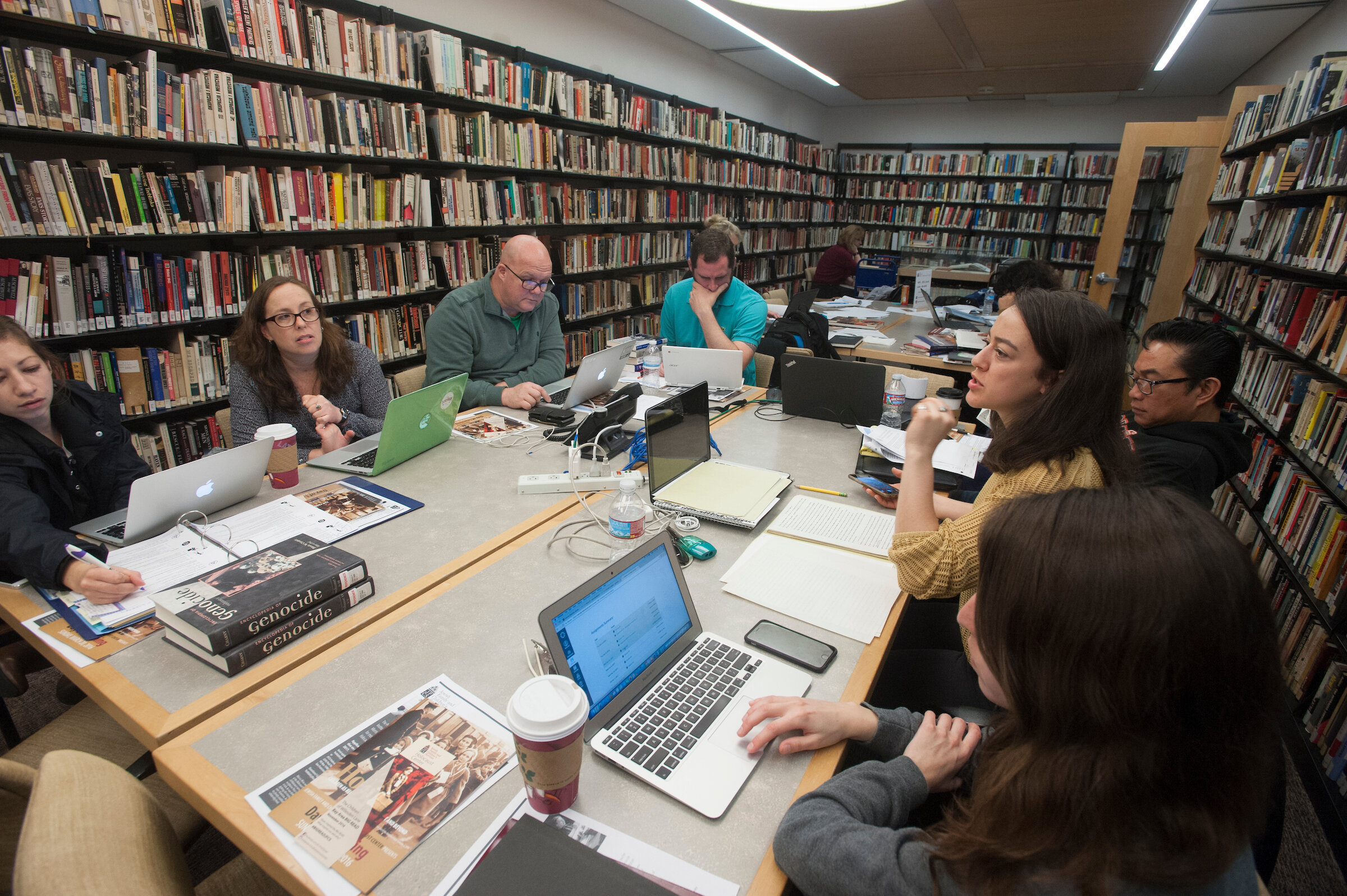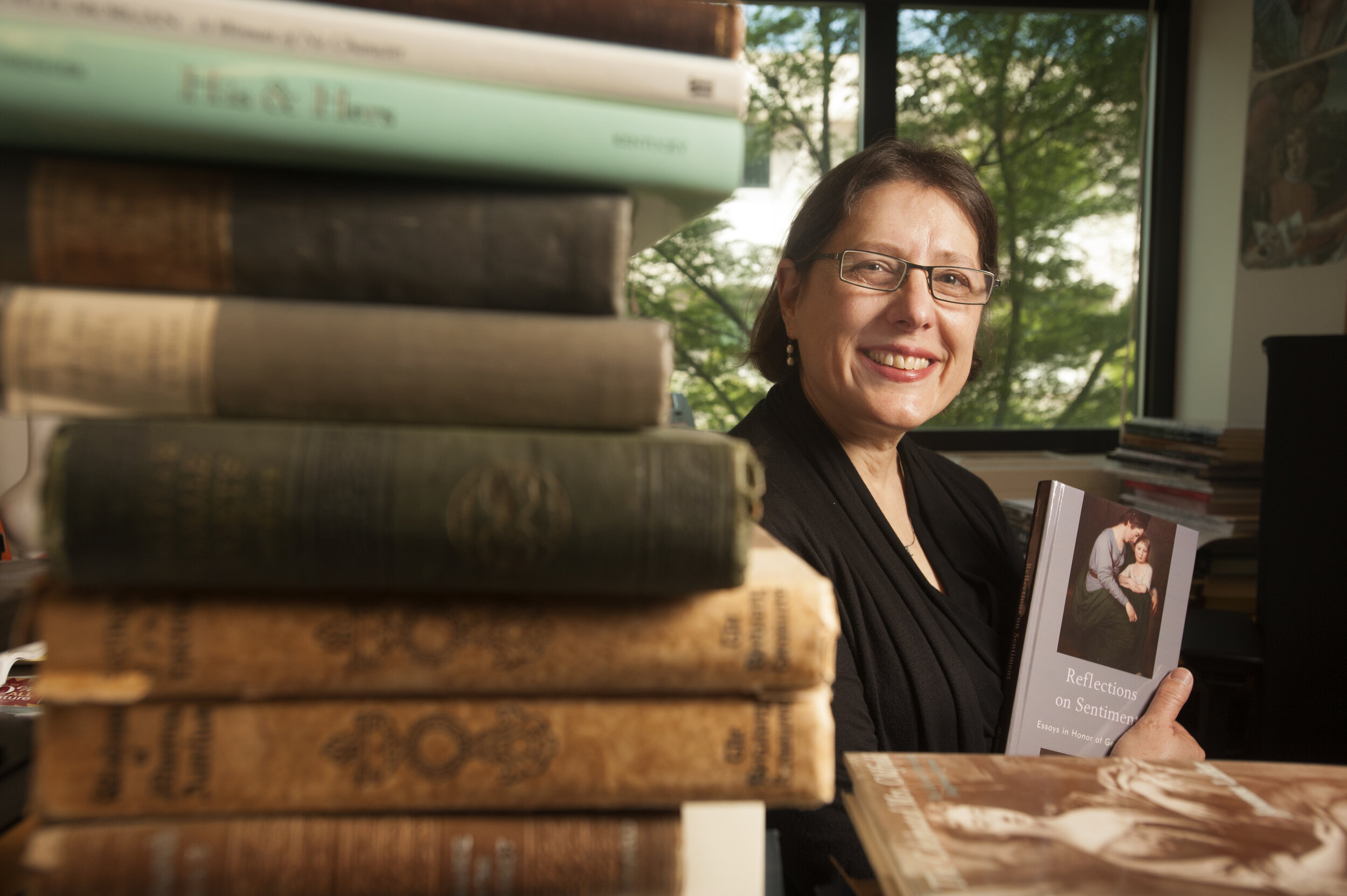The AMIGA Project
The Alliance for Multi-campus Inclusive Graduate Admissions
Our Mission
To support the development of holistic review methods among participating humanities and humanistic social science graduate programs at UC Davis and UCLA.
Faculty participants collaborate to pilot equitable and inclusive holistic admissions processes in participating graduate programs, drawing upon current scholarship, promising practices and leadership of key faculty.



